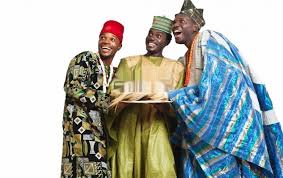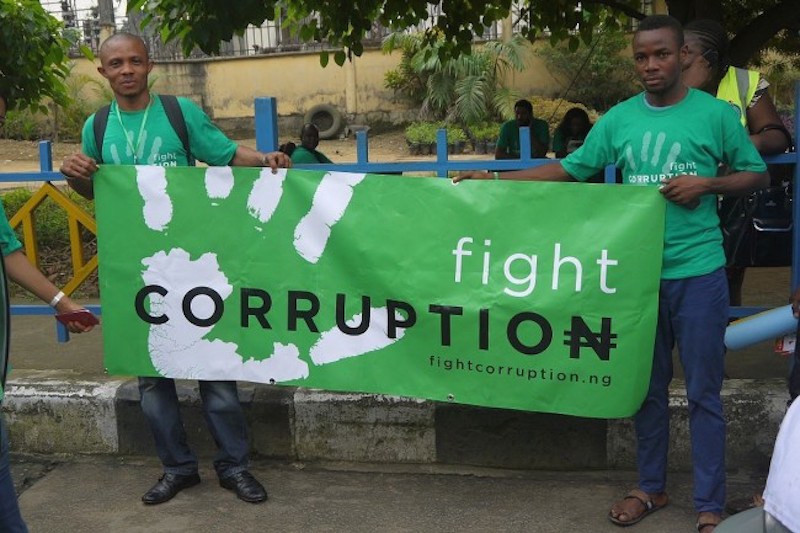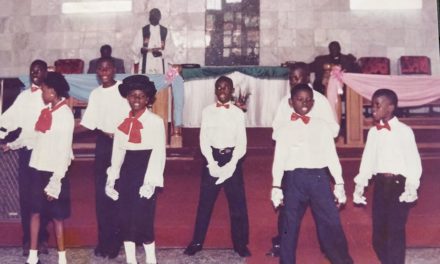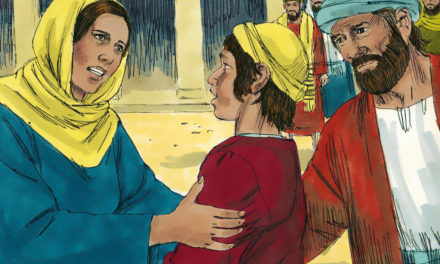Ethnicity is one of the keys to understanding Nigeria’s pluralistic society. Nigeria before the arrival of the British was not just a multiplicity of pagan and traditional thrives, but a number of great kingdoms which had evolved complex systems of government, independent of contact with Europe. Before the British Government formally took over the administration of Nigeria on 1st January, 1900 and ruled till 1st October, 1960, there were over 300 ethnic groups with three major and most populous ethnic groups namely – Hausas,/Fulanis, Ibos, Yorubas. There are over 500 languages, and the variety of customs, and traditions among them gives Nigeria great spiritual and cultural diversity. The record from the Federal Ministry of Information published in 1967 explained that ‘only the Ibos never had an imperial past or a ‘golden age. They had no central political political administration or loyalties and never had an era of kings, dukes or conquerors.’ Walter Richard Samuel Miller a mission doctor to Northern Nigeria in his book Have we failed Nigeria published in 1947 summarised the balance of British rule as almost a ‘verdict of entire failure.’
One of failure of the British rule and the Nigerian Constitution at independence in 1960 was the non recognition of the strong desires of minorities and other communities for self-determination.’ This adversely ‘affected the balance of power at the Centre,’ hence the desire of ethnic and linguistic groups for separate states within the Federation.’ The failure of the balance of British rule from their very early days of administration increase the movement and agitation for the creation of many states. Before the publication of his book, The Political Blueprint in Nigeria in 1945, Dr Nnamdi Azikiwe during the time the Richards Constitution was being considered in 1947 ‘ethnic group consciousness had become a fact of life in Nigeria. This development led to the birth of the first ethnic cultural organisation, the ‘Ibiobio Union,’ and other cultural organisations sprang up ‘more political in character than the pioneer Ibibio Union.’
The attitude of Sir Arthur Richards fuelled the failure of the balance of British rule. He ‘ignored the diversity of the culture and peoples of Nigeria, and a federation of the three massive regions was imposed on Nigerians on 2nd August, 1946, when the Richards Constitution was promulgated.’ Reluctantly, ‘agitation for ethnic group self-determination and cultural sovereignty grew in the late 1940s.’ The challenge is that events in Nigeria continue to feed the flames of such agitations and protest for marginalisation today. It is on record that, ‘in 1945, a prominent Ibo lawyer, a member of the Central Legislative Council, said in a public statement which intensified the growth of ethnic and cultural unions throughout Nigeria. There sprang up the Ibo Union, the Edo Union, the Calabar Improvement League, the Egbe Omo Oduduwa, the Ijaw Progressive Union …’
As it was in the 40s, in Nigerian politics today, ‘the fear of domination of the rest of Nigeria by any one ethnic group reinforced the search for a form of government in Nigeria which would prevent it.’ The good news is that in spite of all our difficulties, there had never been any doubt about the continued existence of Nigeria as one entity.
We need prayers as we struggle to determine how to redraw the political map of Nigeria in such a way as to establish a balanced Federation in which no ethnic group would be dispossessed or dominated. The question remains, is the creation of more states the solution to the Nigerian politics and ethnicity problems and divisions? The choice before us during and after this general election is one between unity and disintegration. I think the plan of God for Nigeria is not disintegration into weak, small, quarrelsome, sovereign state. It is time we accept a basis of equality for every ethnic group in the Federation as the only alternative to disintegration. The question may be, why One Nigeria and why not 4, 5, 6 Nigerias? Beyond the need for a Federation with credit-worthiness overseas, there are many Nigerians today that are united by bond of common spirituality, marriage, professions, and experience. Beyond the betrayal of our common memories, the break up of Nigeria ‘will definitely be the beginning of the collapse of many African states.’ The 2019 general election summons all Nigerians to see the future beyond the present political parties. It is possible for us to avoid chaos and war thereby with courage and love face the fundamental problem that has plagued us before and after our independence till date. God bless Nigeria











Recent Comments